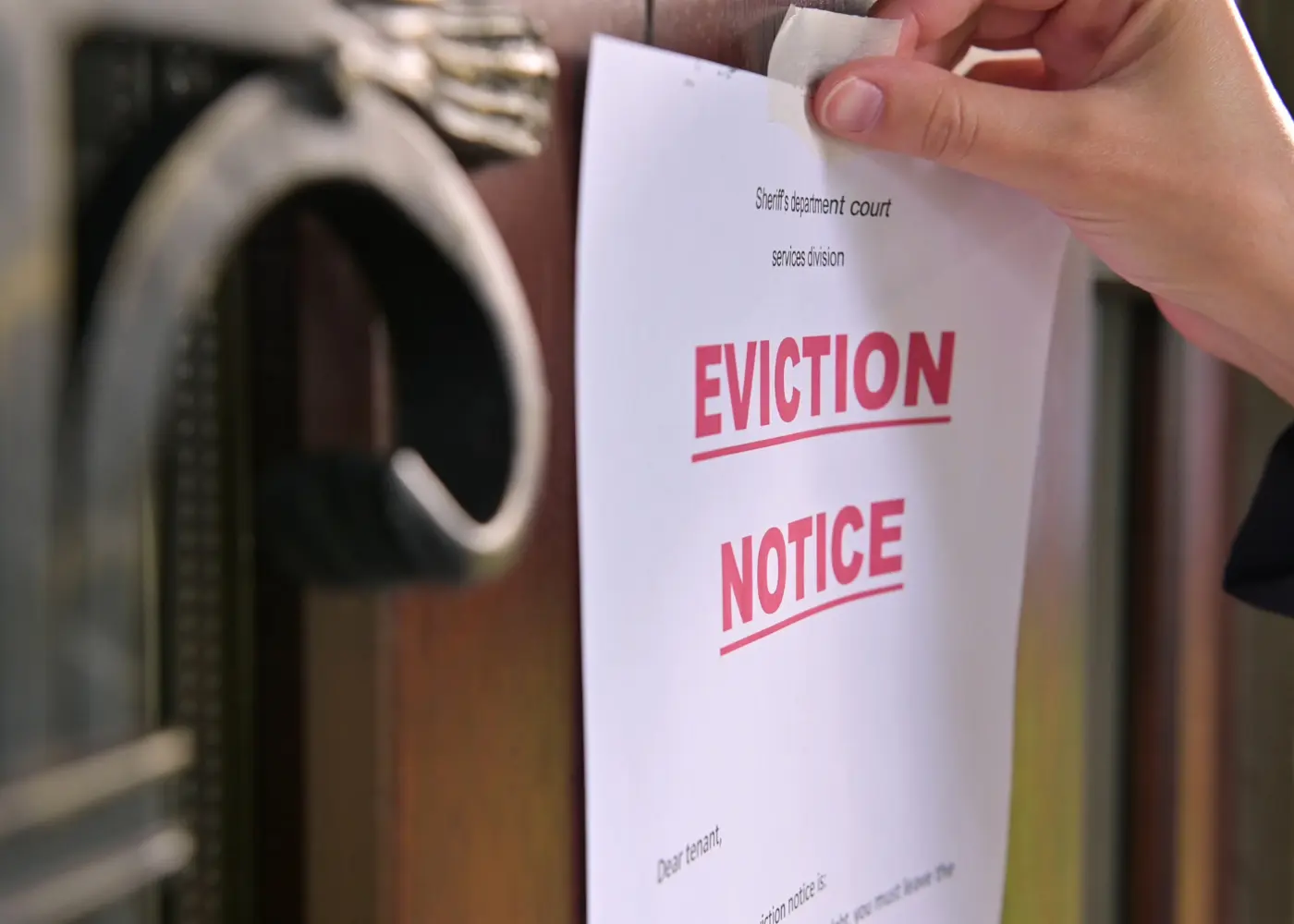As a landlord in Dubai, you have certain rights when dealing with a bad tenant. A bad tenant can cause a lot of problems, from not paying rent on time to damaging the property, and it is important to know your rights as a landlord to protect yourself and your property. In this blog, we will discuss some of the key rights that you have as a landlord in Dubai when dealing with a bad tenant.
Non-Payment of Rent
If your tenant fails to pay rent on time, you have the right to terminate the tenancy agreement. You must provide your tenant with a written notice, giving them a grace period of 30 days to pay the rent. If the tenant fails to pay the rent within this period, you can file a case with the Rental Disputes Center (RDC) to terminate the tenancy agreement. The RDC will issue an eviction order, and the tenant will be required to vacate the property.
Breach of Tenancy Agreement
If your tenant breaches the tenancy agreement, you have the right to terminate the tenancy agreement. Examples of breaches include subletting the property without permission, damaging the property, and using the property for illegal activities. You must provide your tenant with written notice of the breach and give them a grace period of 30 days to rectify the situation. If the tenant fails to rectify the situation within this period, you can file a case with the RDC to terminate the tenancy agreement.
Damage to Property
If your tenant damages the property, you have the right to deduct the cost of repairs from the security deposit. You must provide your tenant with a written notice of the damage and the estimated cost of repairs. You can then deduct the cost of repairs from the security deposit and return the remainder to the tenant. If the cost of repairs exceeds the security deposit, you can file a case with the RDC to recover the additional amount.
Unauthorized Changes to the Property
If your tenant makes unauthorized changes to the property, such as installing fixtures or painting the walls, you have the right to request that the changes be undone. You must provide your tenant with a written notice of the unauthorized changes and request that they be undone within a reasonable period. If the tenant fails to undo the changes, you can file a case with the RDC to recover the cost of undoing the changes.
Notice of Termination
If you wish to terminate the tenancy agreement, you must provide your tenant with a written notice of termination. The notice period must be in accordance with the terms of the tenancy agreement or the Dubai law, which stipulates that the notice period must be at least 12 months for a residential property and 90 days for a commercial property.
Rent Increase
You have the right to increase the rent at the end of the tenancy period, in accordance with the RERA rent index. The RERA rent index is published annually and determines the maximum rent increase that landlords can charge. You must provide your tenant with a written notice of the rent increase at least 90 days before the end of the tenancy period.
Eviction
If your tenant refuses to vacate the property after the tenancy agreement has been terminated, you can file a case with the RDC to obtain an eviction order. The RDC will investigate the case and issue an eviction order if it deems it necessary. The eviction order can then be enforced by the Dubai Police.
Rental Disputes
If you have a dispute with your tenant, you can file a case with the RDC. The RDC is a government body that handles rental disputes between landlords and tenants. The RDC will investigate the dispute and make a ruling based on the evidence presented.

Dealing with a bad tenant is never easy and this is where a real estate property management company like Luke Stays can use their experience to ensure you minimise the hassle and financial loss of removing the tenant. If you want to explore our property management services contact us today to speak to one of our experienced real estate property managers here in the UAE.



